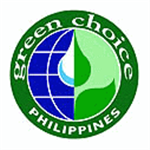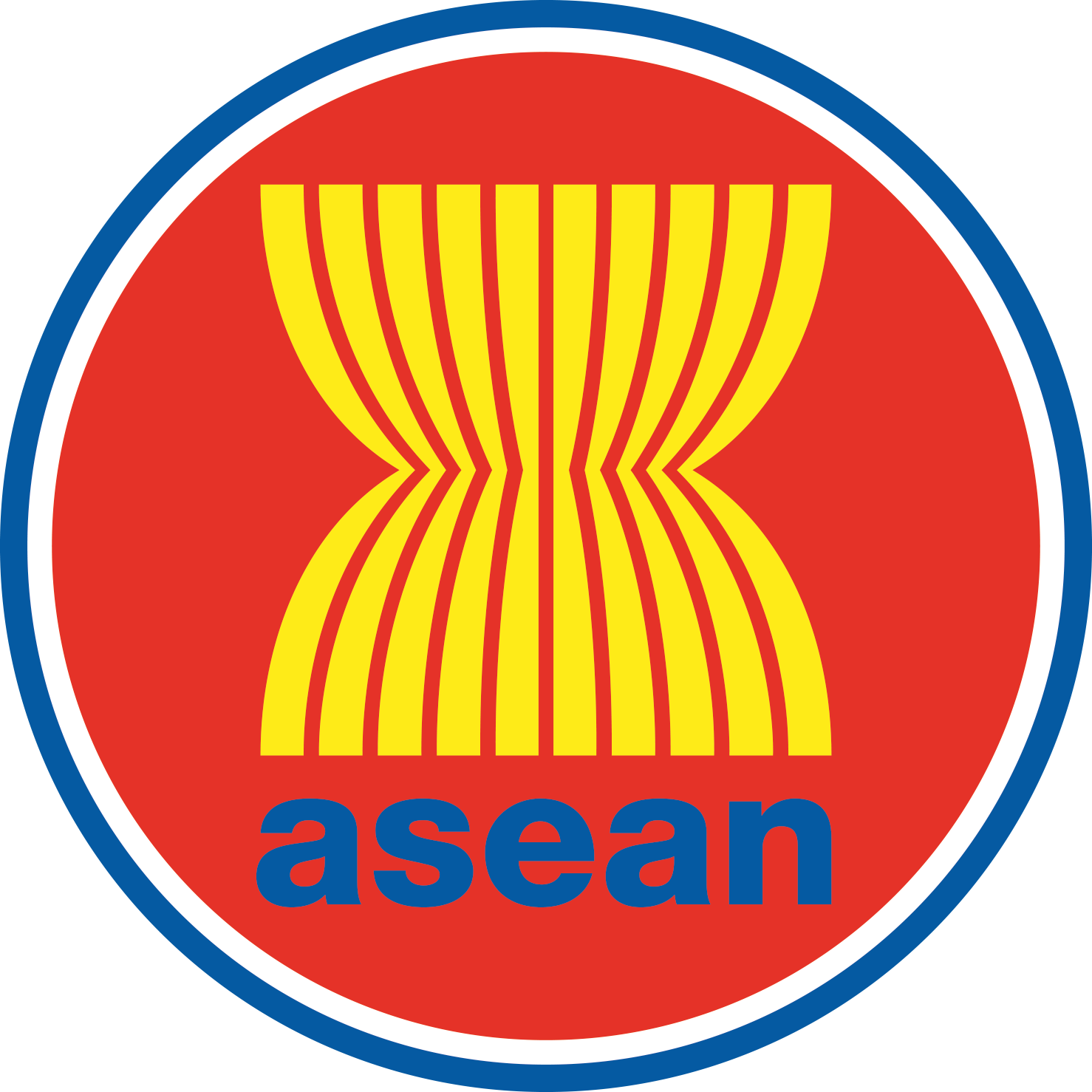Home /
News /
DTI urges consumers to be environmentally aware; look for the Green Choice Philippines (GCP) Seal of Approval when buying products
DTI urges consumers to be environmentally aware; look for the Green Choice Philippines (GCP) Seal of Approval when buying products
Philippines , 08 September 2022

The increasing awareness of consumers on the need to protect the environment has been driving the growing demand for sustainable products. Recent studies by First Insight and the Baker Retailing Center at the Wharton School of the University of Pennsylvania (2021) and The Economist Intelligence Unit (2022), commissioned by the World Wide Fund for Nature (WWF), show that when it comes to sustainability, consumers also place importance on corporate values aside from the products and services.
Ecolabelling is a helpful tool that provides consumers information to assist them in choosing products that have less impact on the environment. Ecolabelling schemes around the globe are continuously increasing, with ecolabel credibility, recognizability, and accountability seen as crucial factors in positively influencing consumer attitude towards green product purchase. Some examples of these country ecolabels are Japan’s Eco Mark Program, Korea's Eco-Label Program, and The Nordic Swan Ecolabel implemented in Denmark, Finland, Iceland, Norway, and Sweden.
On the flip side, some businesses take advantage of this demand for sustainable products through “greenwashing” or the practice of making dishonest claims of sustainability or environmental friendliness in an attempt to gain market share, a deceitful marketing ploy intended to mislead consumers who prefer to purchase environmentally conscious products and services.
DTI Consumer Protection Group (CPG) Undersecretary, Atty. Ruth B. Castelo emphasizes, “Consumers should always be mindful of the authenticity or genuineness of a product’s claims, and the validity of its certification or labels”.
“Consumers should exercise their right to information and be protected against fraudulent, dishonest, or misleading labelling. Consumers have the right to be given the facts and information needed to make an informed choice. Do not hesitate to ask questions or read about what you’re buying. Always check the product labels and claims,” Undersecretary Castelo adds.
In the Philippines, the National Ecolabeling Program, or NELP, of the Philippines Board, composed of the Department of Trade and Industry (DTI), Department of Environment and Natural Resources (DENR), Department of Science and Technology (DOST), Department of Energy (DOE), Department of Budget and Management Procurement Service (DBM), National Solid Waste Management Commission (NSWMC), National Consumer Affair’s Council (NCAC), Development Academy of the Philippines (DAP), Philippine Business for Environment (PBE), and, Citizen’s Organization Concerned with Advocating Philippine Environmental Sustainability, oversees the NELP-Green Choice Philippines (GCP). Through the Philippine Center for Environmental Protection and Sustainable Development, Inc. (PCEPSDI) that administers the NELP-GCP, the applications for the certification of a product to bear the GCP ecolabel are processed.
The NELP-GCP is a voluntary, ecolabelling program that provides criteria for environmentally sound and preferable products and services through life cycle consideration. It is a tool for determining more environmentally-preferable manufacturing and packaging options through a set of quality and environmental requirements, including their verification methods. It follows the guidelines based from the international standards ISO 14024: Environmental labels and declaration.
To date, the NELP-GCP has granted the Seal of Approval to 79 products under the categories of laundry detergent, cement, natural infill material, engine oil, ceramic tile, water-based paint, LED light, paper hand towel, tissue papers, induction lamp, electronic ballast, organic liquid disinfectant, fiber cement board and photocopier.
The GCP Seal of Approval reinforces corporate imaging and branding, strengthens competitive advantage based on environmental value, increases credibility for having been assessed using a clear set of standards, and opens opportunities in the government’s efforts in harmoniously integrating green practices in the existing procurement process.
“With our consumer right to a healthy environment, comes the responsibility on environmental awareness. We should understand and evaluate the environmental consequences of our consumption. We should also always remember our responsibility on critical awareness. We should be alert and inquisitive about the use, labels, claims, and the price and quality of products and services that we are availing,” DTI Consumer Policy and Advocacy Bureau (CPAB) Director, Atty. Marcus N. Valdez II underscores.
The Department reminds everyone that he/she should recognize his/her individual and social responsibility projects, to conserve natural resources and protect the earth for future generations. Consumers are advised to regularly visit the DTI’s Consumer Care social media accounts, or send an email to CPAB@dti.gov.ph, for consumer-related concerns.


